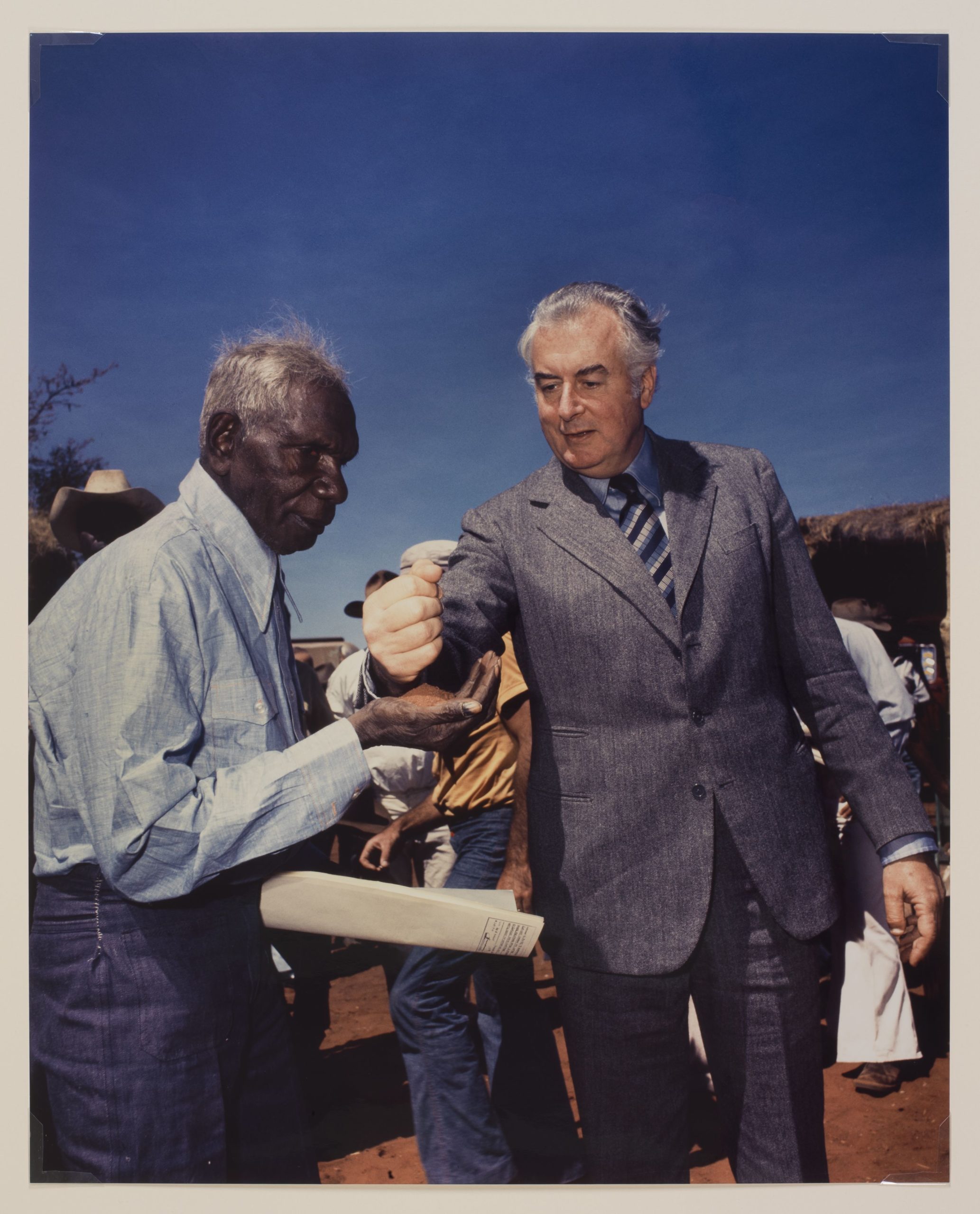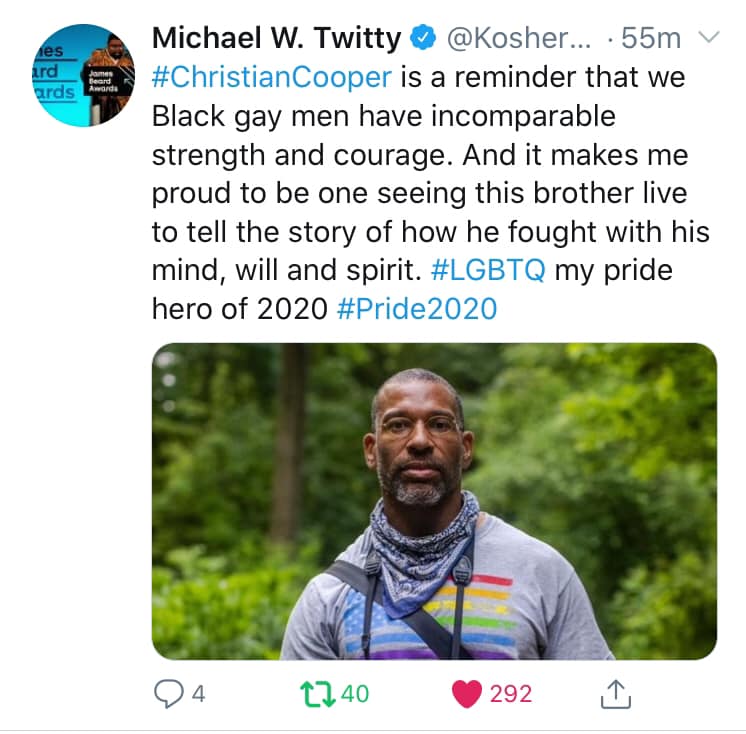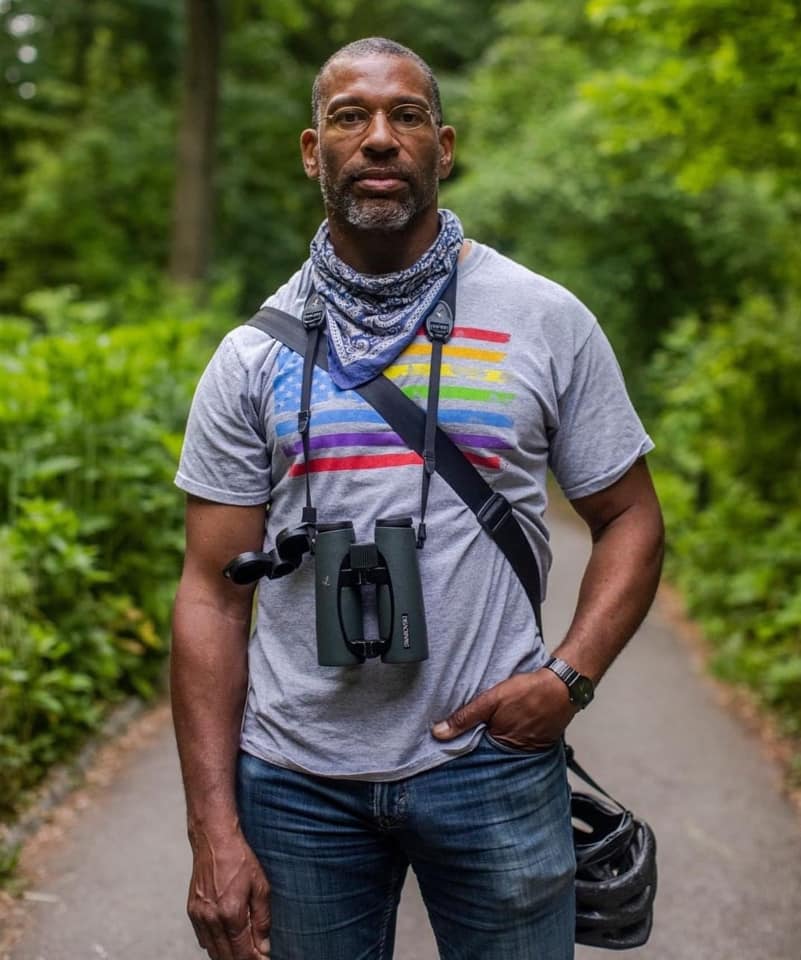So we know that musicians need/want to work. And we also know that their work (and creative practice) involves risky behaviour. So how do we make sure musicians minimise risk, for themselves and their audiences?
The best model is really to have musicians develop safe work practices, then peer-pressure their colleagues into doing things the safe way. Then as a group presenting these safe methods as a solution to employers.
Because the laws of each city and country vary, and advise given is varying, musicians need to take the facts about covid spread, and adapt them to produce their own working model.
I think that sex workers are a great parallel. They know that STIs like HIV/AIDS are a real risk in their work. But they also know how to minimise risk. They’re good at hygiene. They set boundaries with clients. They’re good at disclosure when necessary. But all of course, only if they work within a safe workplace, and aren’t disempowered by their work being criminalised. If they are empowered by legal protection, they can set rules that minimise their risks, without having to also worry about police (arrest or blackmail/’protection’.)
In the case of both sex workers and musicians, we know that abstinence isn’t a good option :D Both groups want to and need to work in their chosen industry. We can also assume that both groups are specialists in their work and workplaces, and can develop safe (or harm minimising) work practices.
So if we work with this as a model, what can musicians do to minimise the risk of getting and spreading covid?
We know how to prevent the spread of covid, and it has parallels with HIV/AIDS:
- Wear an effective prophylactic
- Know how to use and dispose of prophylactics properly
- Practice good hygiene (washing hands, and washing hands properly; cleaning tools properly)
- Avoiding disease-specific transmission.
- Being able to set rules and then enforce them, even with bullying employers or clients.
In terms of a musicians’ work:
- Wear a mask. And it has to be an effective mask that still allows them to do their job. So while a sex worker could choose to wear a hazmat suit, they go with condoms and dams instead. Similarly, musicians must choose which type of mask does the job, but doesn’t impede their work.
- Know how to put on, wear, and then remove and dispose of masks without touching them. This takes training.
- Regular hand washing. Not dumping spit from a brass instrument onto the floor. Cleaning instruments regularly and properly. Not sharing mics. Keeping mics clean and stored correctly. Wiping down mic stands. Not touching audience members or other musicians.
- Understanding that covid spreads via respiratory droplets, which are spread by snot and spit in the air (as aerosol transmission) or via surface contact (wiping your nose, shaking hands, then than person touching their own nose). So this means not touching your face while you play gigs. It also means keeping 1.5m from other people, and having the right ventilation.
- This is the most important one. Once musicians have some good processes and rules in place for themselves and their groups, they then present them to employers as a list of solutions that they take as a requirement for a gig. They’re in a good position to do this atm, as venues are desperate to make $$.
When you write it out like this, you can see some obvious challenges. eg not touching other people in your band? Hard. So perhaps you develop a ‘bubble’ (to use NZ’s powerful language), and you only play with people who are inside that bubble. Any new people who come along to sit in with your bubble must take additional precautions.
None of these things are set out as ‘rules’ in government guidelines. But they take what we know about the virus and minimising risk, and then apply it to this specific case.
But once we have these sets of industry-specific guidelines (‘safe jazz’ vs ‘safe sex’), we need to communicate them to all the musicians, and we need individuals to adopt and enforce them themselves.
Peer pressure! Because jazz is so male dominated, and so dominated by straight white men who are already very good at enforcing hierarchies and specific behaviours, they could actually be really good at this. At this stage, though, I’m seeing jazz musicians normalising unsafe behaviour by talking about what they’re currently doing, by teasing or shaming musicians who do stricter harm reduction.
So, musician friends, how are you minimising risk while playing at the moment?
Here are things you’ve listed already:
- 4. DOING OUTDOOR GIGS
This is a good one. But does wet weather contingencies (eg awnings overhead) maintain the harm reduction of not having walls or ceilings? - 1 and 2: WEARING MASKS
Another useful one, but it’s being applied inconsistently.
– Some of you have said that the audience have to wear masks, but only if they’re not eating or drinking.
– Are venue staff wearing masks?
– Are musicians wearing masks? And then, more importantly, are they wearing effective masks (ie clean and effective), and
– are they _not_ touching or contaminating masks?
– Do they dispose of masks correctly?
– If you’re wearing masks while traveling to and from gigs (which Chris has illustrated), are these same guidelines being applied?
Good options:
Venues provide masks for musicians, punters, and staff. They are a requirement in booking the gig.
Bands provide masks for the whole group.
Bands spend time before the gig refreshing training about how to use a mask safely – eg how to put a mask on or take it off if you’re playing sax :D And when that’s impractical, how to use a mask while traveling together to gigs.
Disposing of masks safely is super super important. Are they being chucked on the floor of the band’s van like an old coffee cup? Or disposed of properly.
…and so on. You can see where I’m going with this.
THE most important part will be having high status, high visibility musicians practicing safe jazz, and then being really cool while they do it. :D




